- Dvv_xpladm
- Explore The Space
The Role of Computers in Space Exploration
S.Padmapriya
Assistant Professor,
Department of Computer Science
Srimad Andavan Arts and Science College,
Tiruchi, Tamil Nadu, India
Computers have strongly affected almost every aspect of space technology, including spacecraft design, simulation, and mission control, gathering and processing of data generated by the spacecraft. Indeed, the evolution and growth of computer technology is suggestively parallel to the growth in space technology.
- Weather forecasting
- Space Craft
- Computers in Astronomy
- Space aviation
- Space Photography
- Robotics in Space
- Data centre
I. Weather Forecasting
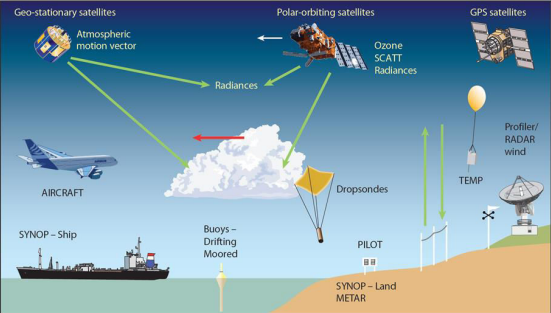
II. Space Craft Building the Spacecraft
Preparation: Space missions need accurate calculations and planning. Computers are used to calculate trajectories and the path the spaceship will take. They must also calculate the amount of fuel, and the duration of the mission. Even a tiny miscalculation can be disastrous.
Space colony Space colonization (also called space settlement or extraterrestrial colonization) is permanent human habitation off the planet Earth.

III. Computers in Astronomy
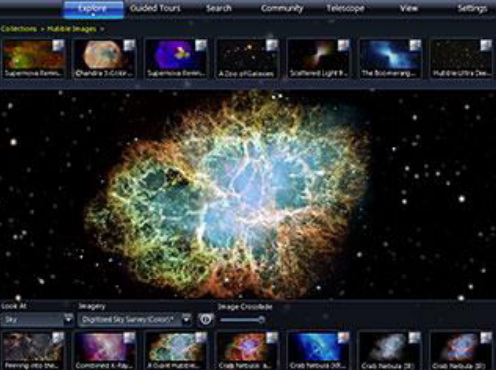
The importance of astronomical software to generating research results has grown, and indeed, much of modern research depends on software. Though occasionally discussed casually, the idea for journal devoted to computational methods in astronomy was formally discussed at the Astronomical data analysis software and Systems.
IV. Space Aviation
They started off helping navigation calculations and were analogue (cams, wheels and cogs etc.) and heavy. Now they control most aircraft systems easily. The biggest difference computers have made is to reduce the workload and where you used to have two pilots, a flight engineer and navigator, you now only need a crew of two (and it could be argued only one in some instances). Computers and computer logic are behind advances such as Ground Proximity Warning Systems, TCAS, Flight Envelope Protection, etc., all of which contribute to enhancing the safety of commercial flight
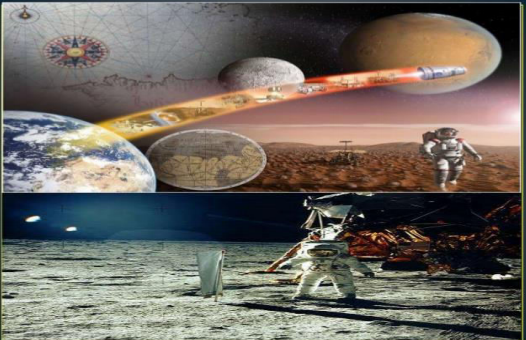
Before computers exploring space was not possible. Almost everything in space exploration is done with computers. Computers have also lead to many major breakthroughs in space research. From designing spaceships to space photography, almost everything is done with computers.
Computers with the help of large telescopes can take high quality pictures of planets, moons, stars, and even other galaxies. These telescopes can take pictures of things billions of miles away perfectly clear.
• In space telescopes, computers work to transfer the data from the telescope to people on the ground. They also control the other instruments onboard.Images taken by Hubble telescope.
V. Robotics
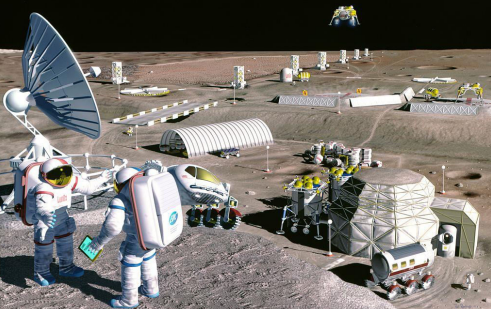
NASA tests robots for exploration in areas called analogs. Analogs are places where the environment is similar to locations like Mars or the moon, where a robot may be used. One NASA analog is in the Arizona desert
VI. Data centre
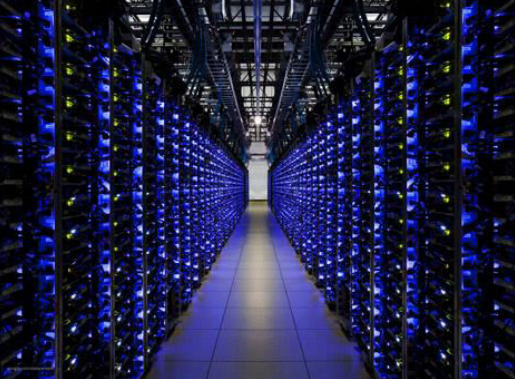
Conclusion:
In the Future, robots and rovers will become more useful and become more efficient. Eventually instead of sending people to space, the spacecrafts will be controlled entirely by computers. In the future, computers will develop further and help us uncover the mysteries of the universe.
